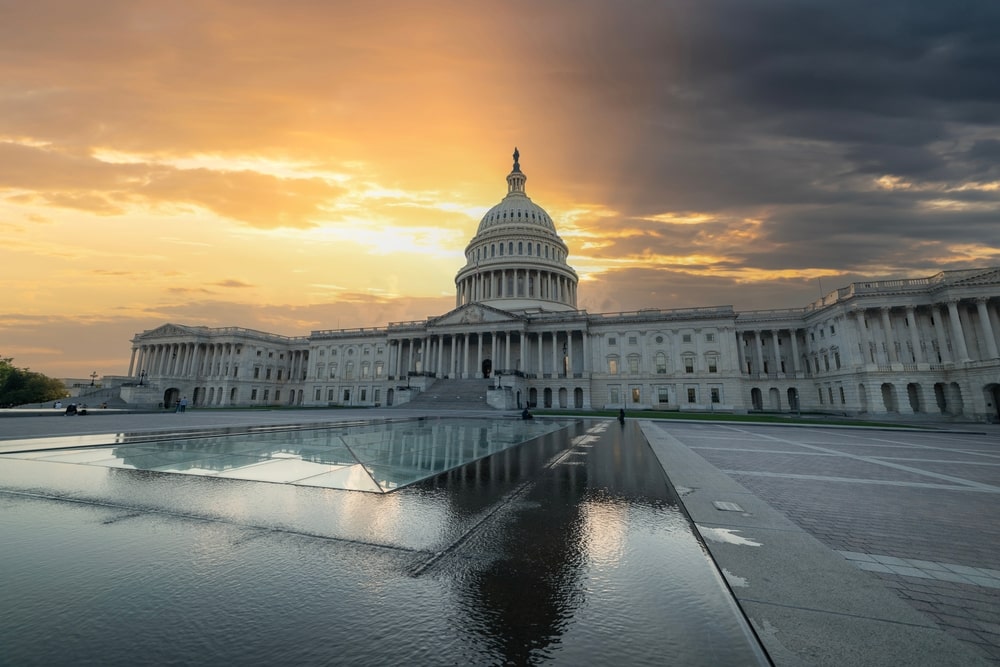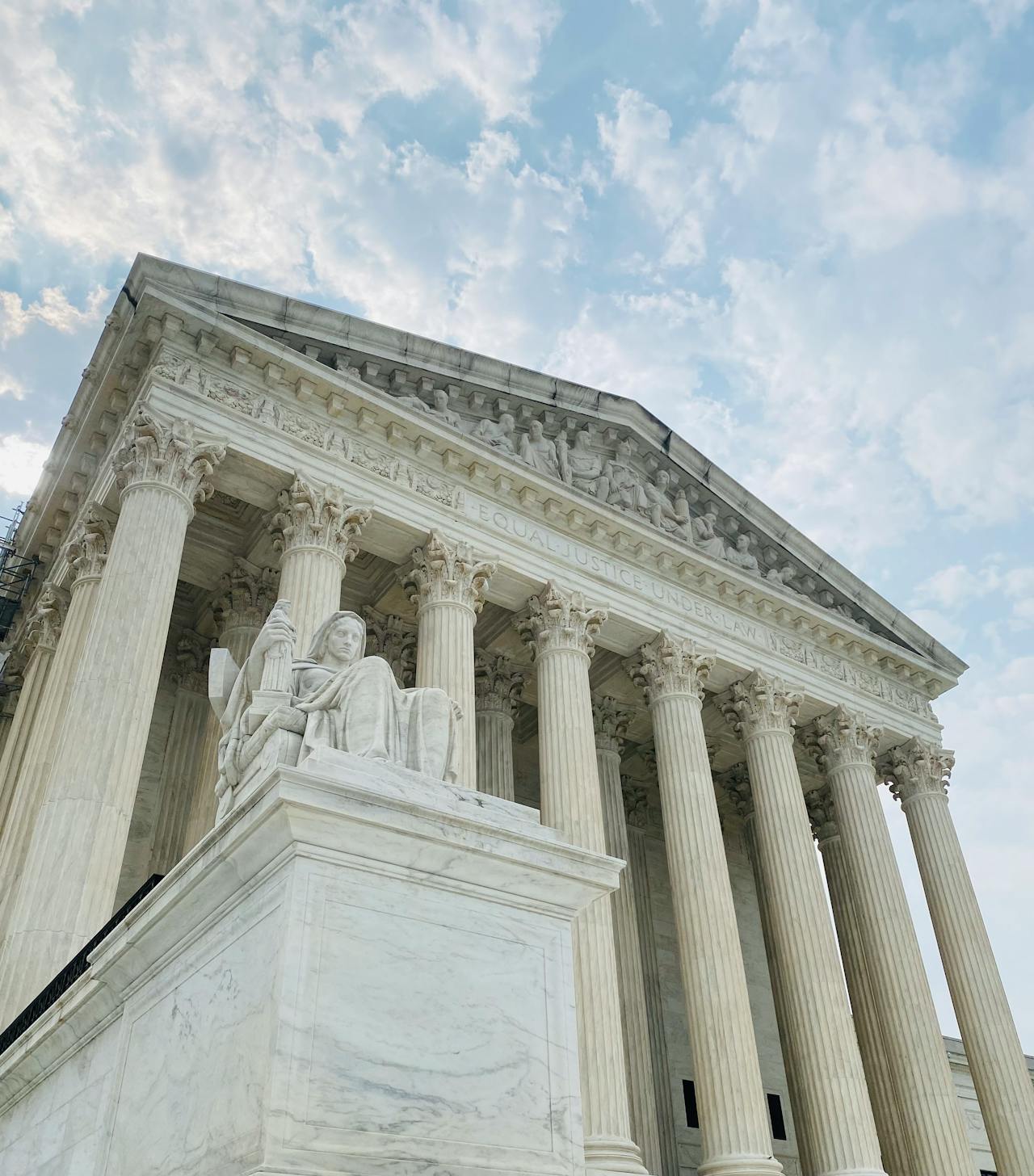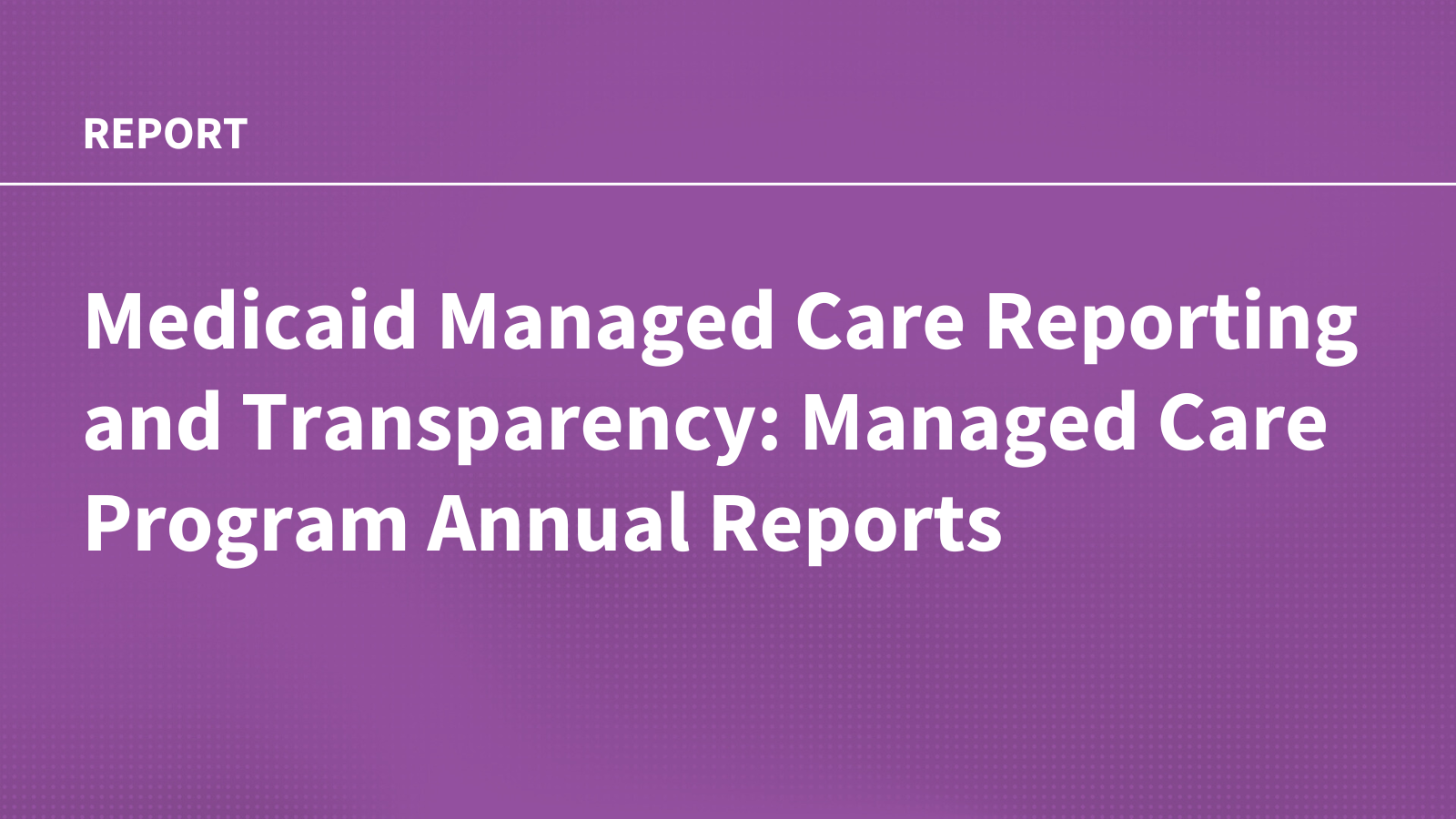In the September 2025 edition of The ICR D.C. Insider, a look at the White House scorecard that rates more than 500 companies on their support and promotion of the President’s One Big Beautiful Bill, key developments on the areas of tariffs and trade, SEC ordered to review short selling rules, and more. See what could affect your business now and in the long term.
Washington Engagement
- The White House is Keeping Score – The White House has created a scorecard that rates 553 companies and trade associations on how hard they worked to support and promote President Trump’s One Big Beautiful Bill, according to Axios. Factors in the rating include social media posts, press releases, video testimonials, ads, and attendance at White House events, with the organizations’ support ranked as strong, moderate, or low. The ranking “helps us see who really goes out and helps vs. those who just come in and pay lip service,” a senior official said.
Tariffs & Trade
-
Key developments include:
- Many U.S. Tariffs Now In Question – A 7-4 ruling from the U.S. Court of Appeals for the Federal Circuit upheld a lower-court decision that undercuts a core tenet of President Trump’s economic agenda. The majority found that the President overstepped his authority under a 1977 law known as the International Emergency Economic Powers Act (IEEPA). The tariffs remain in place through October 14th to allow the parties time to appeal to the Supreme Court. The levies voided by the decision include baseline tariffs of 10% on virtually all countries, as well as steeper tariffs on countries the Trump Administration considers bad actors on trade – and an additional set of tariffs on Canada, China, and Mexico. Before court action, the President’s tariffs were set to affect roughly 69% of U.S. goods imports, according to the Tax Foundation. If struck down, the duties would have an impact on roughly 16%.
- Steel, Aluminum, & More – The Trump Administration plans to expand national security tariffs (which are unaffected by the August court ruling) on steel, aluminum, and a variety of other industries in the coming months in hopes of redirecting production in these sectors to the U.S. and thwarting potential legal threats in the trade war. Tariffs on steel and aluminum were expanded In August, covering more than 400 new product lines with 50% levies and increasing compliance costs for companies. Those charges will likely be broadened further, along with expansions of existing tariffs on copper and automotive parts.
- De Minimis Exception – Tariffs on small packages from around the world went into effect in late August, with the end of the de minimis exemption on postal shipments to the U.S. worth less than $800. There is a six-month transition period under which postal service shippers can opt to pay a flat duty of $80 to $200 per package depending on the country of origin. Earlier this year, President Trump ended the de minimis exemption for packages from China, which accounted for 60% of the roughly 1.3 billion such parcels in 2024.
These actions occurred prior to the ruling by the Appeals Court and it is unclear how, or if, they will change as a result:
-
- Canada – Prime Minister Mark Carney said Canada would remove its 25% tariff on about half of the U.S. goods it has targeted since March as the country attempts to reset its trading relationship with the U.S. At the same time, the Prime Minister noted that the 25% duties on U.S. steel, aluminum, and automobiles would remain in place. Overall, the decision affects about $21 billion of U.S. exports to Canada, on goods such as orange juice, peanut butter, wine, spirits, beer, appliances, and motorcycles. The change went into effect on September 1st. Carney also said that he believes Canada has the best trade deal out of all of the countries working with the U.S.
- The EU – The European Union formally proposed removing tariffs on American industrial goods, and to expand access for American farm products, fulfilling a key element of the U.S.-EU framework trade agreement and ensuring that lower automobile tariffs will be retroactive to the beginning of August.
- Technology – The U.S. will increase tariffs and impose export restrictions on countries that tax or regulate U.S. tech firms, President Trump said, in his most direct threat to retaliate against nations that he views as discriminating against companies such as Google and Meta Platforms. The President has long sought to pressure U.S. trade partners into dropping the taxes, which are typically structured to apply only to the world’s largest and most established technology companies, many of which are based in the U.S.
SEC
- Actions to Update Shareholder Proposal Rules Likely on Tap – The Securities and Exchange Commission (SEC) is looking to update shareholder proposal rules to ease “compliance burdens” and help companies choose what is considered “material” to disclose to investors. The SEC is considering releasing plans for “Shareholder Proposal Modernization” and “Rationalization of Disclosure Practices” by April 2026, according to the latest semiannual rulemaking list on an Office of Information and Regulatory Affairs website. In all, there are more than 20 rulemaking items, including proposals on crypto trading and private offerings, as well as the shareholder proposal and material reporting plans.
- Court Orders SEC to Review Short Selling Rules – The 5th U.S. Circuit Court of Appeals ordered the SEC to assess the economic impact of Biden Administration rules that tried to boost the transparency of short-sell trades. A three-judge panel rejected an argument brought by several trade associations who represented hedge funds that the rules would expose confidential investor positions and were beyond the SEC’s remit, but the court did require the SEC to assess the costs and benefits of the rule. The plaintiffs contend that the requirements of two disclosure rules – the Securities Lending Rule and the Short Sale Rule – put inconsistent burdens on market participants. Summaries of each rule may be found here and here.
- Record Number of Shareholder Resolutions Denied by Companies – During the most recent proxy season, companies denied votes on a record number of resolutions after regulators made it harder for shareholders to demand changes related to climate, diversity, and other subjects. The SEC granted 195 No-Action requests compared to 147 in 2024, a nearly 33% increase. Groups are already considering how to reshape their proposals as well as pivoting to proxy filings, public pressure campaigns, and use other tools for the 2026 proxy season.
CFTC
- Single Commissioner Left at CFTC – The lone Democrat Commissioner on the Commodity Futures Trading Commission (CFTC) left the agency, effective September 3rd. That leaves Acting Chairman Caroline Pham, a Republican, as the only Commissioner – and she plans to leave once President Trump’s nominee (Brian Quintenz) is confirmed by the Senate as Chairman.
Commerce – Export Licensing
China
Disclaimer: This story is auto-aggregated by a computer program and has not been created or edited by lifecarefinanceguide.
Publisher: Source link
Publisher: Source link










